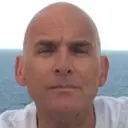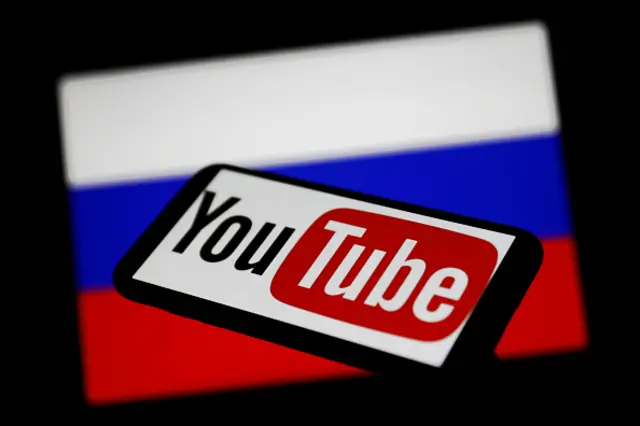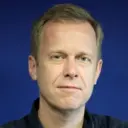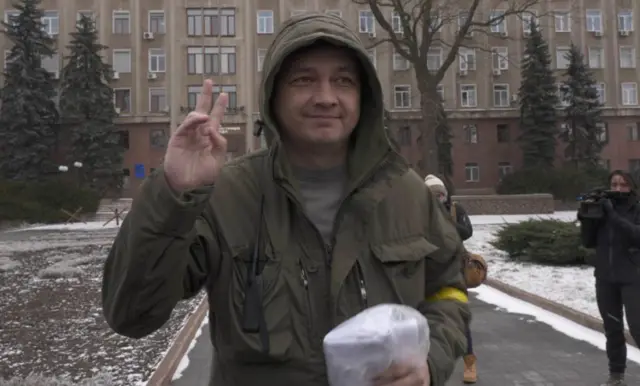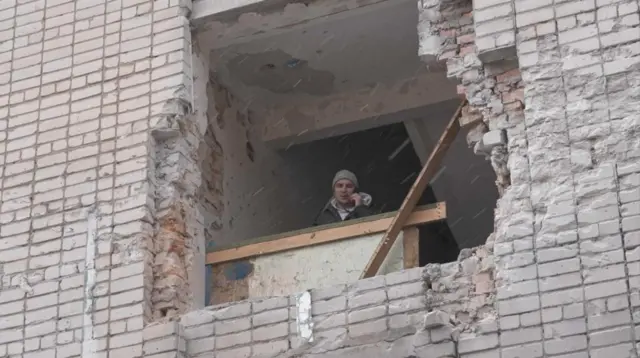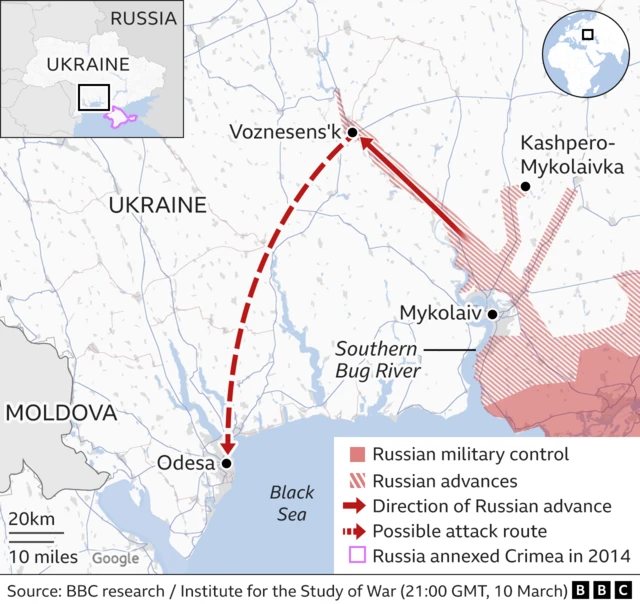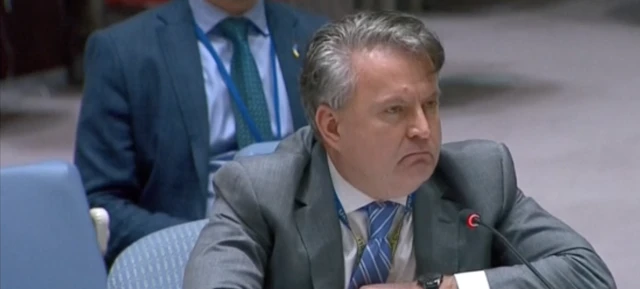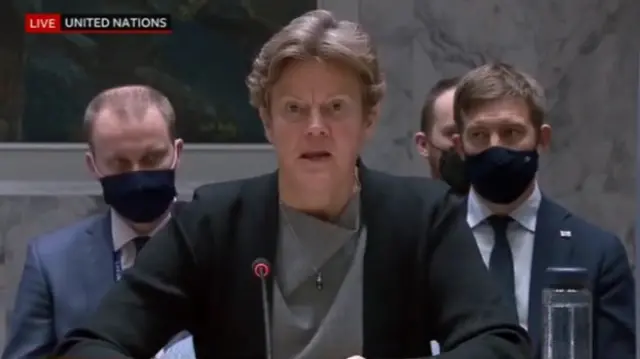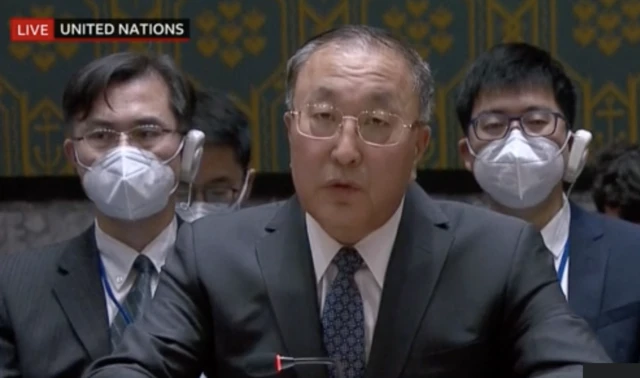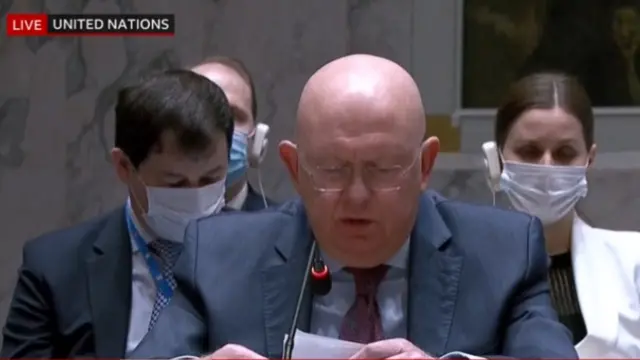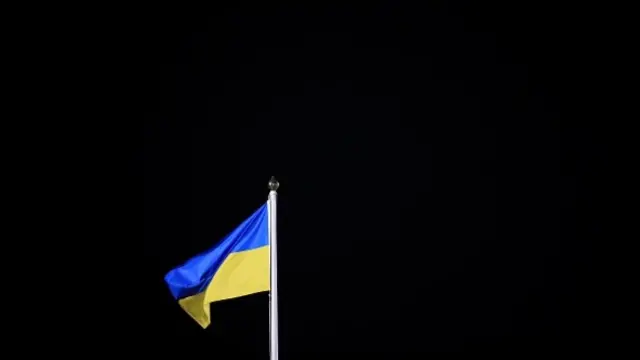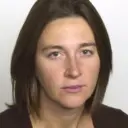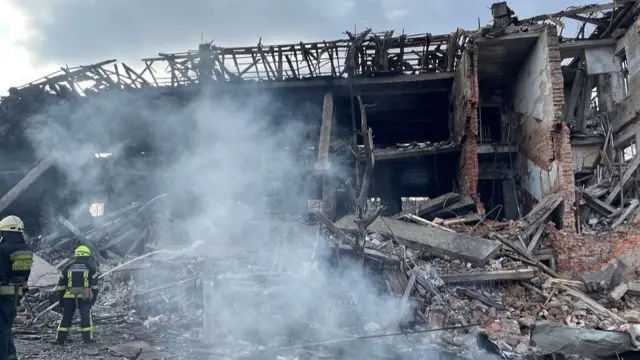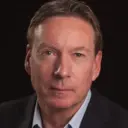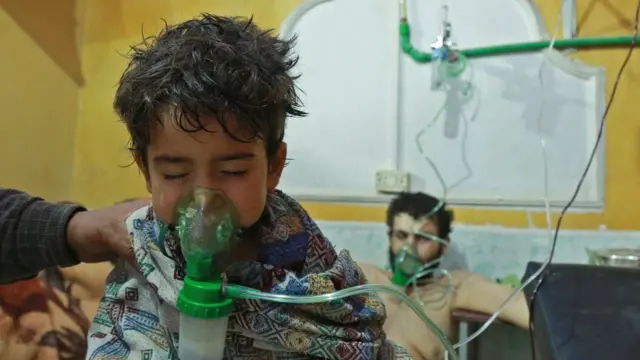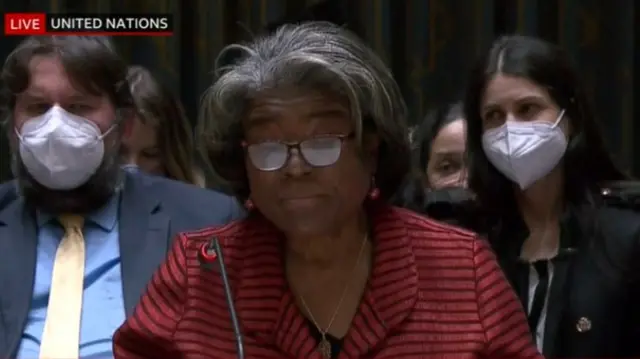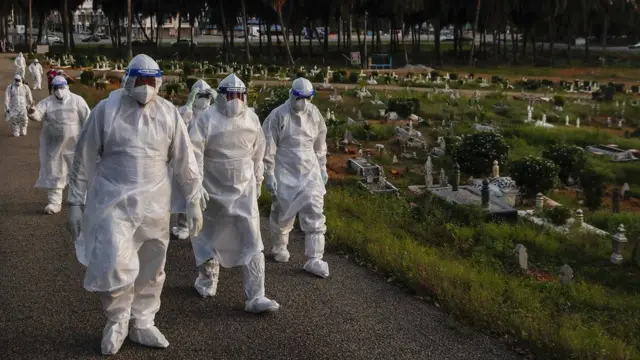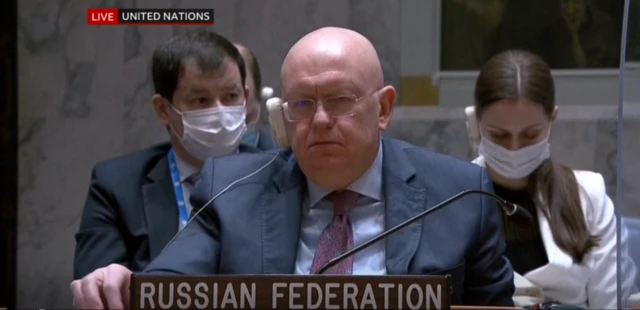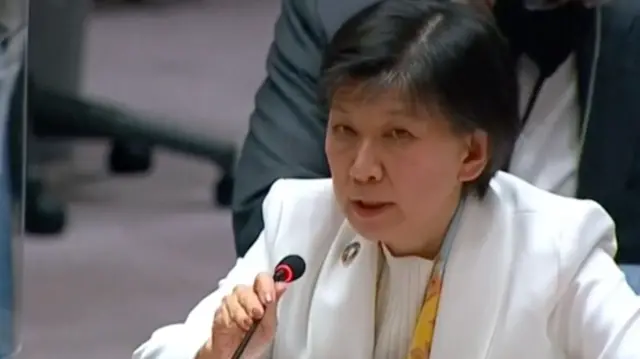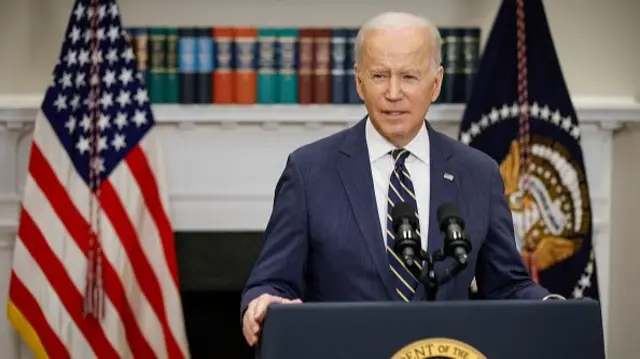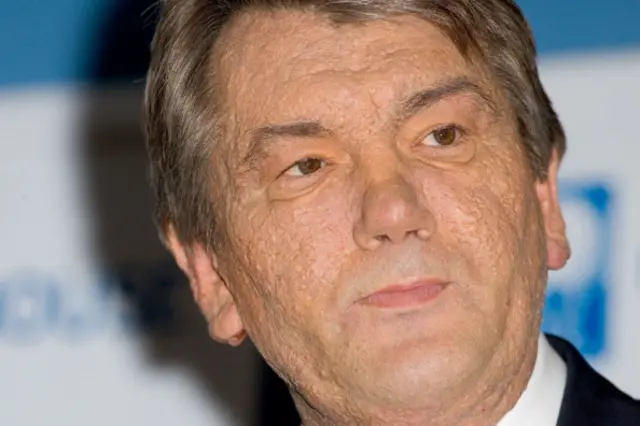The latest on Ukrainepublished at 19:32 GMT 11 March 2022
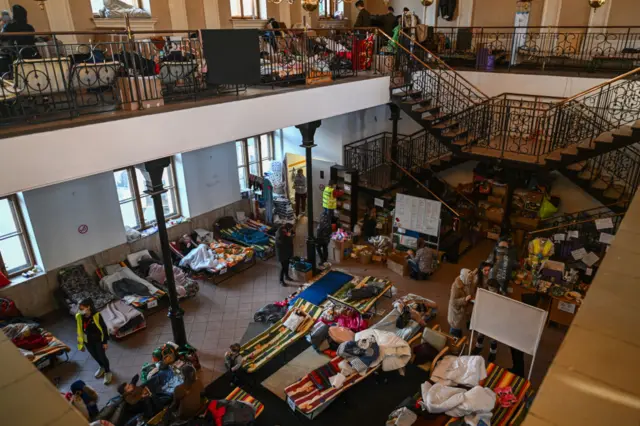 Image source, Getty Images
Image source, Getty ImagesPeople who fled the war rest inside the old train station in Krakow, Poland
If you're just joining us, here are all the latest developments from Ukraine as the Russian invasion wraps up its 16th day.
- Ukrainian officials have accused Russia of bombing Belarusian settlements from Kyiv's airspace on Friday. In a message on Facebook, Ukraine's defence minister warned of the looming assault. The BBC has not been able to independently verify the claim.
- Speaking in a televised address, Ukraine's President Zelensky said his country had reached a turning point and was "on the way to victory".
- In the US, President Joe Biden announced fresh sanctions on Russia, including a ban on imports of Russian alcohol, seafood and diamonds. He also said the US would expand the list of Russian oligarchs subject to economic sanctions. These latest steps will be "another crushing blow to the Russian economy", Biden said.
- The UN's disarmament chief said the UN is not aware of any biological weapons programme in Ukraine, after Moscow alleged - without offering evidence - that there have been dangerous "biological activities" there. Ukraine denied the allegation.
- The US warned that Russia, not Ukraine, may be planning on using chemical or biological weapons against the Ukrainian people.
